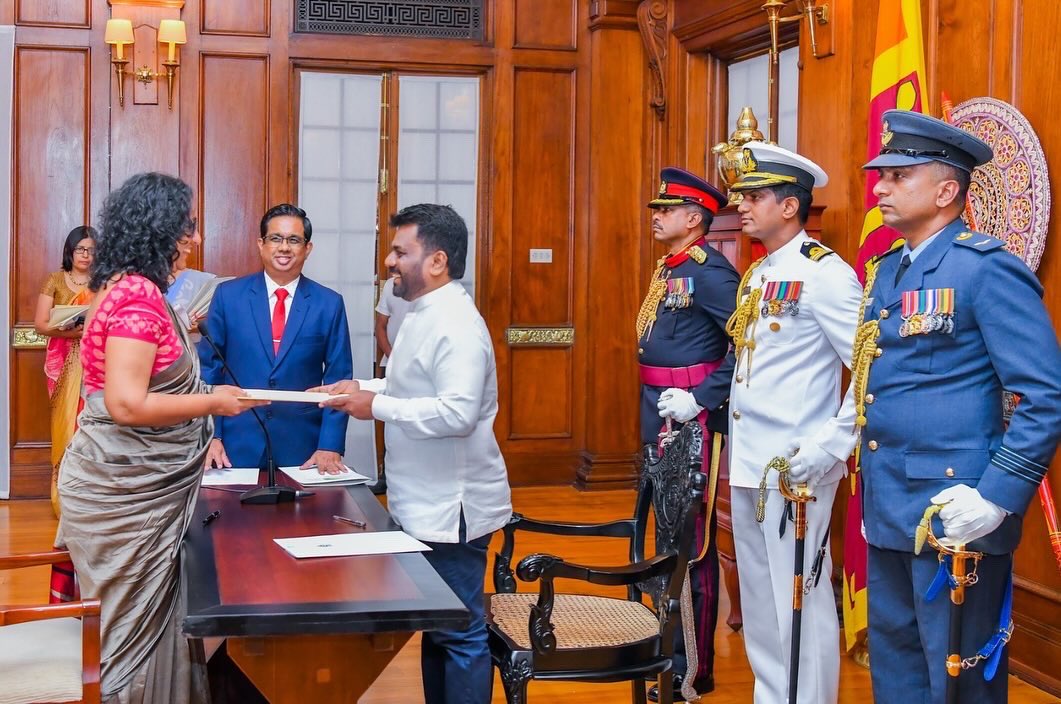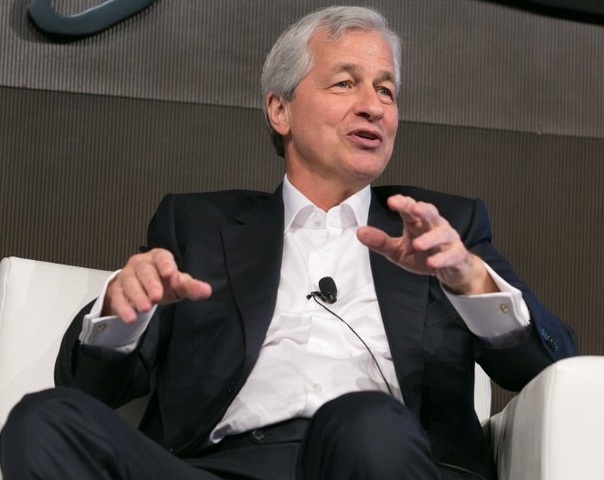This dissolution comes 11 months ahead of the current Parliament’s term, which was set to run until August 2025, marking a significant shift in Sri Lanka’s political landscape….reports Asian Lite News
In a major political move, Sri Lanka’s newly-elected President, Anura Kumara Dissanayake, has dissolved the country’s Parliament and announced snap elections, scheduled for November 14.
The decision, which took effect at midnight, aligns with Dissanayake’s campaign promise to overhaul the country’s political system, historically dominated by powerful families.
This dissolution comes 11 months ahead of the current Parliament’s term, which was set to run until August 2025, marking a significant shift in Sri Lanka’s political landscape.
Dissanayake, a leftist opposition leader, won the recent presidential election, securing widespread support from a population still grappling with the aftermath of Sri Lanka’s worst economic crisis in 2020.
The crisis led to massive public protests against former President Gotabaya Rajapaksa, who fled the country after demonstrators stormed the Presidential Palace in Colombo.
The unrest eventually paved the way for Ranil Wickremesinghe, then Prime Minister, to assume leadership and stabilize the economy and civil unrest.
Dissanayake’s call for new parliamentary elections comes just weeks after his victory in the presidential race, which was the first election since the economic collapse.
Millions of Sri Lankans participated in the vote, signaling a demand for change and a break from the rule of established political dynasties.
With the upcoming elections, Dissanayake aims to consolidate power and push forward his vision for political reform, setting the stage for a transformative period in Sri Lankan politics amidst ongoing economic recovery efforts.
Pledged ‘new era of Renaissance’
Dissanayake vowed to usher in a “new era of Renaissance” in the island nation.
Expressing his commitment to work for the country, Dissanayake wrote, “I promise to fulfil your responsibility to usher in a new era of Renaissance for this country, and I look forward to your collective contribution to that.”
Addressing the complexity of the challenges Sri Lanka faces, Dissanayake assured citizens that he would work diligently to meet their expectations.
The swearing-in ceremony took place at the Presidential Secretariat in Colombo, where Chief Justice Jayantha Jayasuriya administered the oath, marking a historic moment as the country’s first leftist head of state.
After the swearing-in ceremony, he pledged to “restore the public’s confidence in politicians” and to govern the country with wisdom and transparency.
“I’m not a magician but an ordinary citizen with certain capabilities and incapabilities. My top priority is to enhance my abilities, expand my knowledge, and make the best decisions to govern the country,” he further emphasised.
The election results were finalised on Sunday evening after Sri Lanka’s first-ever presidential run-off, as neither Dissanayake nor Samagi Jana Sandhanaya candidate Sajith Premadasa secured the required majority in the initial round.
According to the Sri Lankan Election Commission, Dissanayake won the presidency with 42.31 per cent of the vote, with Premadasa finishing second and outgoing President Ranil Wickremesinghe third.
Following his victory on Sunday, Dissanayake, popularly known as AKD, reflected on the historic nature of the moment, writing on X, “The dream we have nurtured for centuries is finally coming true. This achievement is not the result of any single person’s work, but the collective effort of hundreds of thousands of you. Your commitment has brought us this far, and for that, I am deeply grateful.”
Dissanayake also paid tribute to those who sacrificed for this cause, stating,
“Our journey here has been paved by the sacrifices of so many who gave their sweat, tears, and even their lives for this cause. Their sacrifices are not forgotten,” he wrote.
In a message of unity, the newly elected President stressed the importance of solidarity among all Sri Lankans, saying, “The unity of Sinhalese, Tamils, Muslims, and all Sri Lankans is the bedrock of this new beginning. The New Renaissance we seek will rise from this shared strength and vision.”
Dissanayake has been a prominent figure in Sri Lanka’s political scene, leading the JVP party through significant national events. His presidency is seen as a pivotal moment in the country’s history, marking the first time a leftist leader has taken the highest office.
3-member cabinet with Harini Amarasuriya as PM
Sri Lankan President Anura Kumara Dissanayake appointed a new Cabinet of Ministers on Tuesday evening, with Prime Minister Harini Amarasuriya, lawmaker Vijitha Herath and himself taking on Cabinet portfolios.
Dissanayake will now oversee defence, finance, economic development, policy formulation, planning, tourism, energy, agriculture, lands, livestock, irrigation, fisheries and aquatic resources, Xinhua news agency reported.
Dissanayake, 55, has taken the key finance portfolio himself as Sri Lanka looks to emerge from its most punishing economic crisis in 70 years and its first debt default, while keeping promises to aid the nation’s poor.
The Marxist-leaning firebrand politician will also hold the economic development and tourism jobs in the cabinet.
Dissanayake’s intentions to slash taxes and desire to revisit the terms of a $2.9 billion International Monetary Fund bailout have worried investors, who fear that it could delay a crucial $25 billion debt restructuring.
His comments during Monday’s inauguration offered few clues as to how hardline his economic approach will be.
“Our politics needs to be cleaner, and the people have called for a different political culture,” the 55-year-old said.
“I am ready to commit to that change.”
Dissanayake ran in Saturday’s presidential election as the candidate for the National People’s Power coalition, which includes his Janatha Vimukthi Peramuna Party that traditionally championed Marxist economic policies centred on protectionism and state intervention. In recent years the party has taken more centrist positions.
Earlier, Amarasuriya was sworn in as the Prime Minister, and was appointed as the Minister of justice, public administration, provincial councils, local government, education, science and technology, labour, women, child and youth affairs, sports, trade, commerce, food security, co-operative development, industries and entrepreneur development, and health.
Herath was assigned the Minister of Buddhist affairs, religious and cultural affairs, national integration, social security, mass media, transport, highways, ports and civil aviation, public security, and foreign affairs, environment, wildlife, forest resources, water supply, plantation and community, infrastructure, rural and urban development, housing and construction.









